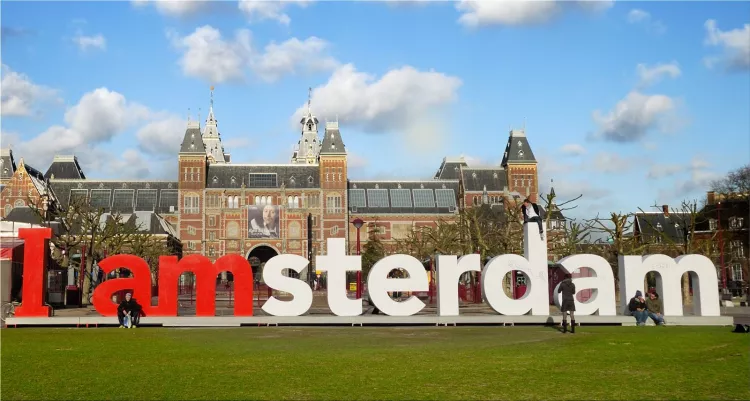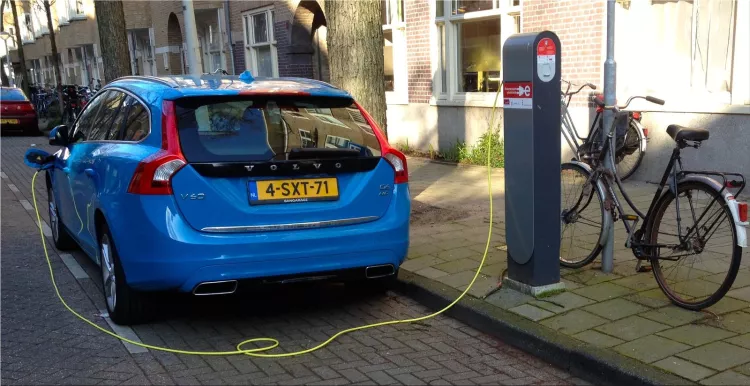Cars and motorcycles that run on gasoline or diesel will be banned in the Amsterdam, Netherlands, starting 2030.
Starting next year, diesel cars older than 15 years will be banned on the A10 road around the Dutch capital.
Also, buses and vans emitting exhaust gases will no longer have access to downtown by 2022. Until 2025, the ban will be extended to boats, motorcycles and mopeds.
Thus, the city intends to encourage its inhabitants to switch to electric cars, offering charging stations to every buyer of such a vehicle. Authorities expect the second-hand electric car market to grow significantly in the coming years.
Starting in 2025, there will need to be between 16,000 and 23,000 EV charging stations to make the project viable. At present, there are only 3,000 such stations in Amsterdam.
The German automobile brand Volkswagen has started installing electric vehicle charging points in its German factories, a process through which it will launch 4,000 posts at its plants until 2025, the company said in a statement. The first 60… Continue reading
By the end of 2020, Tesla has installed over 20,000 charging stalls at over 2,100 Supercharging stations worldwide. Tesla reported a few months later that it now has 25,000 Superchargers across the world. The firm intends to build its… Continue reading
Hyundai has announced that it will install, free of charge, a charging point at the home of those Spanish customers who purchase one of its electric models. As part of the commitment of the Korean brand for electric mobility, and as a way to… Continue reading
Wireless charging is a new technology that allows an electric car to charge without being hooked into a charging station. Instead, a wireless charging system comprises a ground pad beneath a parked electric vehicle and a receiving system that… Continue reading










